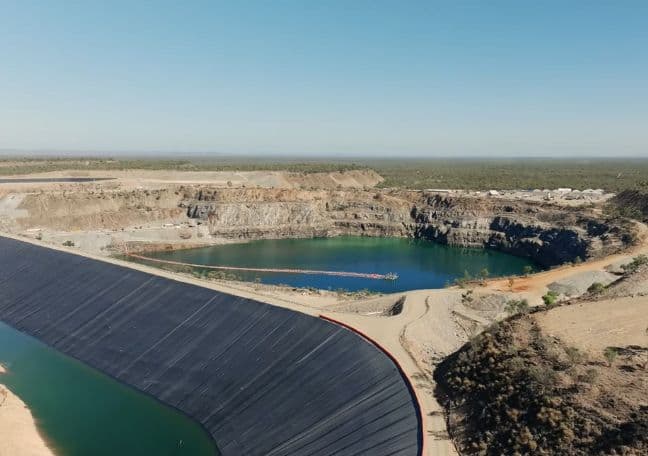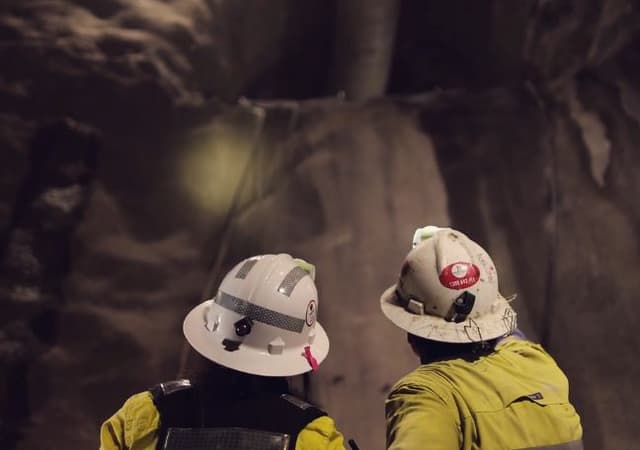
STEM Futures: Efficiency and Ethics in Renewable Energy
In this interdisciplinary unit, students explore renewable energy with a focus on efficiency and ethics through Science, Mathematics, and Design and Technology. Throughout the lessons, renewable energy projects such as battery storage, wind farms and pumped hydropower, are used as the lens for students to learn about energy efficiency, developing technologies, planning and design considerations, as well as careers in the clean energy sector.
Developed in partnership with the Queensland Government through Queensland's Clean Energy Workforce Roadmap and alongside industry experts the Clean Energy Council, this unit has been designed to allow students to:
- explore factors affecting the energy efficiency of electricity generation
- investigate case studies of renewable energy projects in Queensland and understand how scientists and engineers enhance the efficiency of renewable energy
- explore battery storage technologies and identify the significance, impacts and advantages of batteries for energy storage
- investigate the ethical, sustainability, and technological factors influencing wind farm location and layout, analysing how these considerations impact efficiency
- use mathematical problem-solving to optimise the energy capacity of a real-world pumped hydro project
- learn about relevant professions in the clean energy sector and understand how these jobs respect communities, protect the environment, and promote sustainability.
The lessons have been designed to empower educators to deliver clean energy content, build students STEM skills across multiple subjects and increase their awareness of clean energy career opportunities, highlighting connections between STEM knowledge and the renewable energy context.
This STEM Futures: Energy Careers program consists of lessons and resources that highlight projects, people and careers in Queensland through case studies and video content. They are aligned to the Australian Curriculum 9.0 but can be used in various teaching and learning contexts. The program allows students to learn subject-specific knowledge, concepts and skills in the context of real-world Queensland and Australian renewable energy projects and empowers them to understand how their subject knowledge can be applied to careers and industries in this vital sector.
Cool.org recommends that Science, Mathematics and Design and Technologies educators collaborate to deliver these resources across their respective subjects so students can understand the content from multiple perspectives.
Science
Analyse and compare the efficiency of energy generation from various sources, explore how the law of conservation of energy applies to renewable projects, and investigate the societal adoption of battery storage technology.
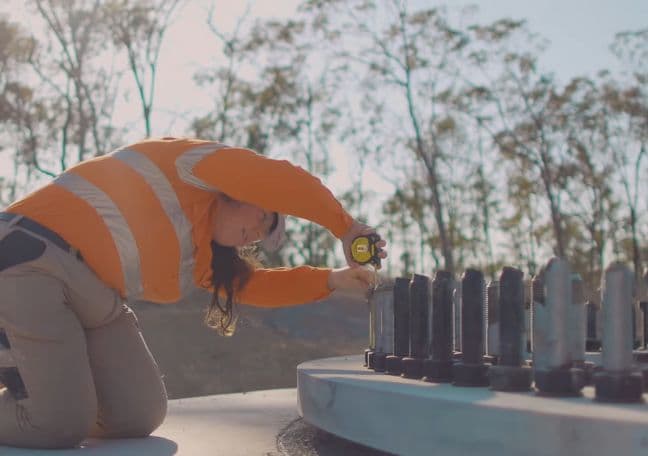
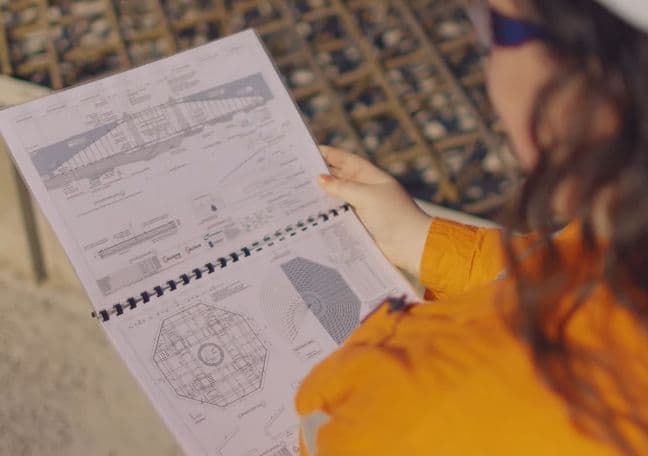
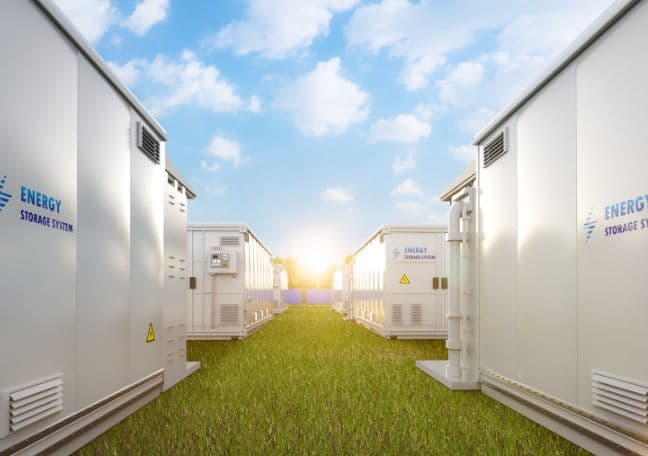
Design and Technologies
Evaluate the ethical, sustainability, and technological factors influencing wind farm design and Queensland renewable energy projects, investigating their impacts, responsibilities, and related career opportunities.
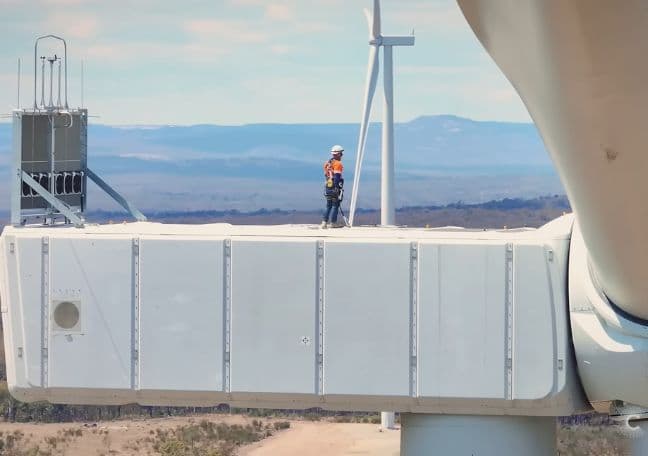
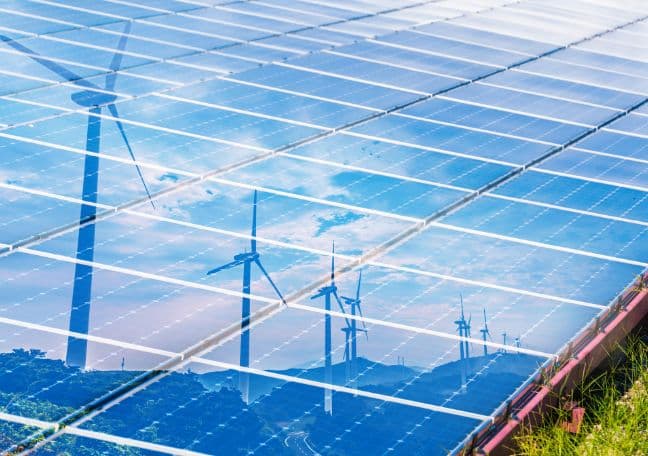
Mathematics
Utilise mathematical modelling and problem-solving to evaluate real-world engineering challenges in renewable energy.
